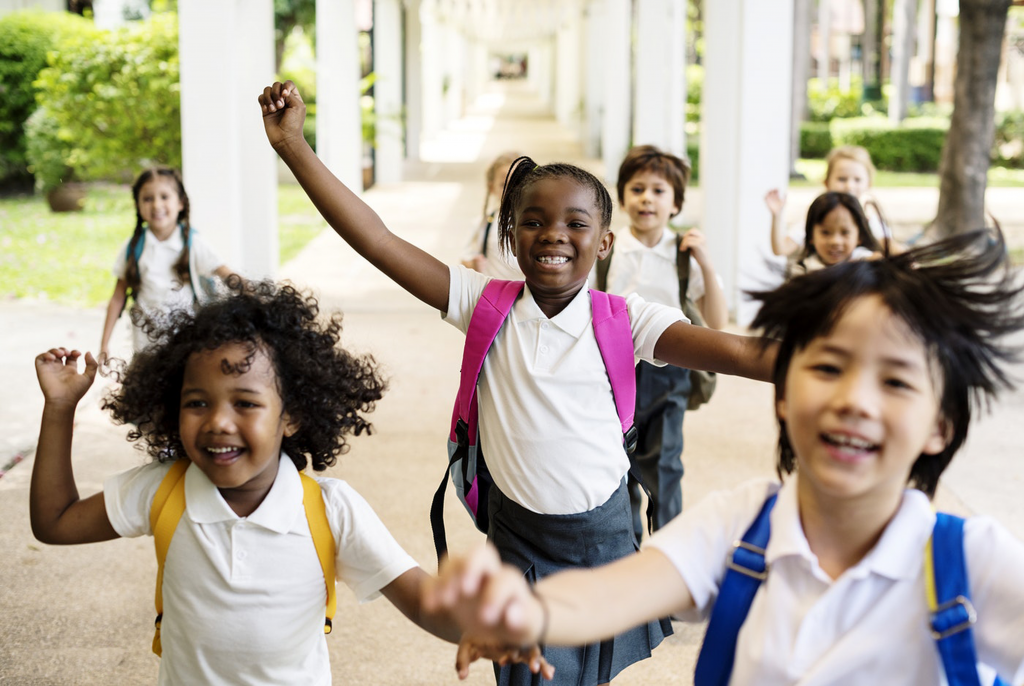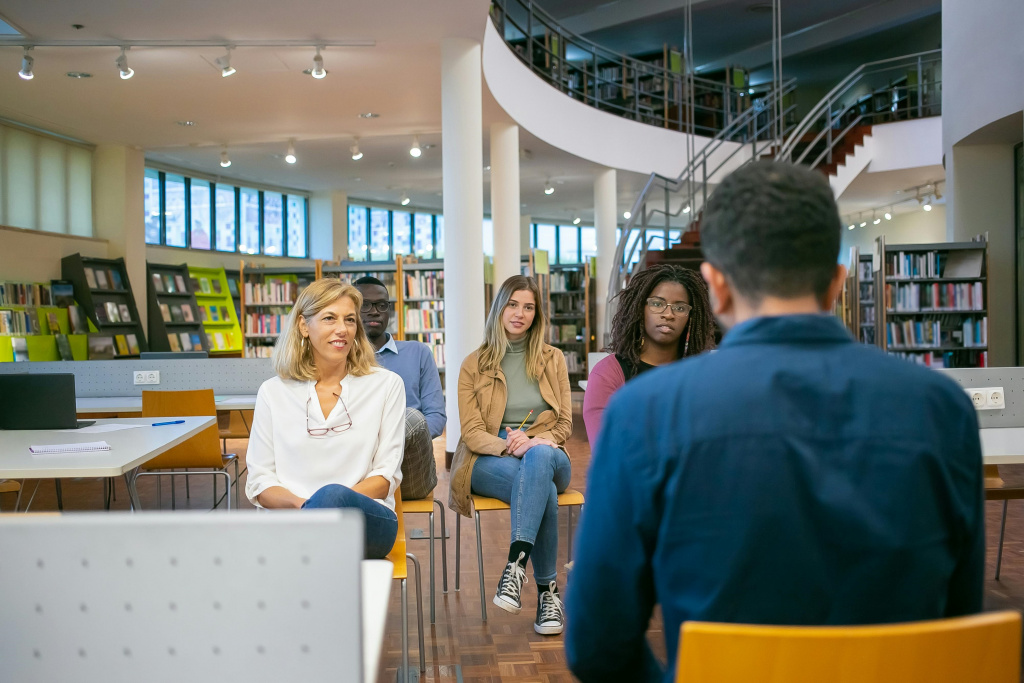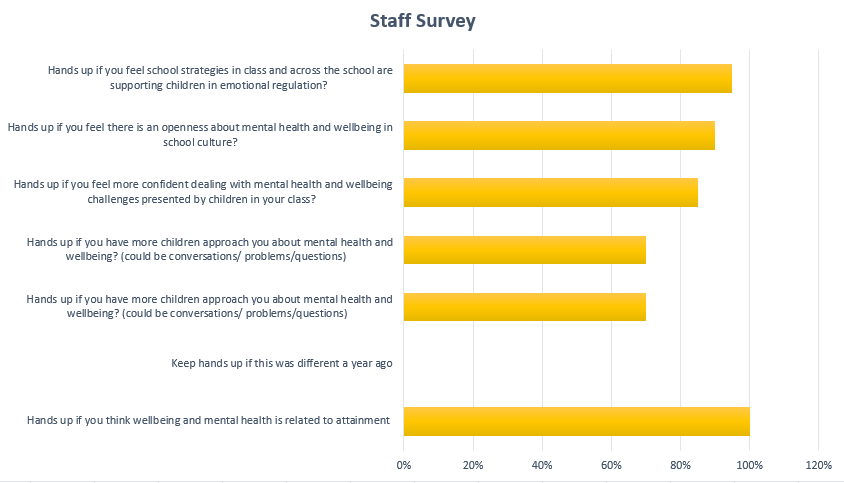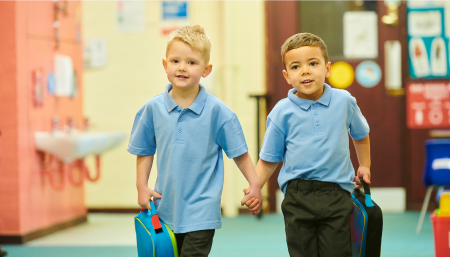
Back in 2015, a House of Commons document highlighting the key issues for parliament cited a report of the Royal Commission on the law relating to mental illness and mental deficiency from 1957, in which it said: ‘Most people are coming to regard mental illness and disability in much the same way as physical illness and disability’.
This was a revolutionary statement by 1950s standards, but as we fast forward to 2024, it is reassuring to know that it was accurate. Mental health and wellbeing underpin the culture in schools. It is no different in our own school; supporting children in their ability to emotionally regulate and support themselves and each other through the peaks and troughs of their mental health journeys is a life skill we explicitly teach.
In the west London suburb of Hillingdon, nestled in a small pocket of Hayes, is Yeading Infant and Nursery School. Our school specialises in teaching children from three to seven years of age. With an immensely diverse demographic both ethnically and economically, it is truly an inclusive school community. Since COVID-19, like most schools, we have reviewed our mental health and wellbeing offer and sought to make it bespoke to our school community.
With many of our children living in multigenerational families, children are familiar with a wide range of mental health challenges including those associated with sickness and even death. Staff confidence and skills are paramount to this. We offer a range of training opportunities to our staff that includes art therapy and our senior leaders are trained on the Senior Leader Mental Health Training run by Place 2Be. We also offer mental health first aiders and regular training for staff supporting their continual professional development.
It has therefore been an integral part of our school culture to promote and celebrate mental health and wellbeing, creating a working knowledge for children they can then apply. However, this has its own set of challenges.
A recent survey carried out by the Children and Young People’s Mental Health Coalition stated that ‘From the years 2017 to 2020 rates of probable mental disorder in children aged five to 16 years rose from one in nine (10.8%) to one in six (16.0%) (NHS Digital, 2020)’. These were disturbing statistics that supported our desire to rethink our school’s approach to mental health and wellbeing.

We are already making use of the SCERTS Model’s Zones of Regulation, developed by three prominent world experts in autism spectrum disorder (ASD). All children in our school use this model to learn about emotions, specifically how all emotions are valid and, crucially, how they can navigate challenging emotional milestones.
Every Thursday the school is abuzz with the presence of Star, our therapy dog, who works with children through sensory play. Additionally, each class has a Worry Monster puppet, which helps the children articulate their feelings and seek support, if necessary. Our approach to mental health and wellbeing has been diligent and organic with plenty of opportunities to review our current practice, making necessary adjustments along the way.
This year we achieved the National Wellbeing Gold Award – a significant landmark which celebrated the efforts of everyone in the school community towards prioritising mental health and wellbeing. Our catalyst, like so many other schools, was COVID-19 but also the changing educational landscape in which we are now teaching.
Digital advancements and flexible working conditions for many of our families meant that the approach we took to mental health needed to reflect this. We strive to ensure that the importance of wellbeing is a continuous thread that is embedded in the values of the school. Here is how we embarked upon our journey and experienced success.
Given the catchment and make-up of our school community, we are keen to find new opportunities to support language acquisition and oracy for all the children. Our particular focus following our audit was behaviour as a form of communication and attachment theory. We adopt an inclusive and supportive approach which brings together the resources outside of the classroom as well as statutory planning requirements. This includes drawing upon parents, governors and local businesses to support our work with the children.
Our strength lies in the strong collaboration of the school staff. Everyone, from the canteen staff to the teachers, understands the impact of mental health and behaviour on attainment. Our staff survey made it clear to us that staff voice is an integral part of the review process. The following questions were put to staff and their responses are included below:

In an article written for Maudsley Learning, clinical educational psychiatrist Dr Camilla Fadel discusses the importance of sharing physical activities with others – such as in team sports and group exercise – and how this can foster a better mood overall. She concludes: ‘Participating in group exercises or team sports can provide social support and foster a sense of belonging, which are crucial for maintaining a healthy mental state. Social interaction and a supportive community can help alleviate feelings of loneliness and isolation.’
In our school, we encourage physical activity as a routine that supports better mental health. Dr Fadel goes further, emphasising the brain-boosting and stress-alleviating power of movement in general and how this is elevated from being outside:
‘Getting outdoors for activity is thought to reset one’s attention, together with offering opportunities for awe. Essentially, the prior two benefits above are offered in an enhanced way by being in a natural setting. Theories link that the pre-frontal cortex benefits from some downtime […] Our creativity can then be released again, even further refreshed by views of natural scenes.’
Dr Camilla Fadel, ‘The Relationship Between Exercise and Mental Health Explained’
Our designated PE coach and weekly school-wide focus on the Healthier Families (formerly Change for Life) programme invites children to consider physical activity as part of their daily lives. It supports them in understanding how this can be integrated successfully with their daily activities, with due regard to the joy of movement and without the notion of anxiety. We are in the business of changing mindsets; a sharp shift from ‘can’t’ to ‘can’.
We have also introduced Playground Wellbeing Champions, whose role it is to check up on the wellbeing of their friends and peers during playtimes and lunchtimes. Children received training with our learning mentor and were taught strategies to support the use of positive language, which they could then use whilst in the role.
Beyond these measures, our School Meals Supervisory Assistants (SMSAs) are trained to employ restorative justice strategies to support communication and reconciliation between children in times of conflict. Early meetings with the SMSAs featured discussions around practical strategies to support all children, including targeted children sometimes with additional complex needs.
We explored emotion coaching with SMSAs during these meetings, which helped the team to understand the significant role emotional intelligence plays in reducing the number of behaviour incidents at lunchtimes and supporting children in developing their sense of personal agency in the emotional choices they make.
As a school, we are acutely aware that this is not something that can be achieved without the support of the parents. As much as possible, there are clear lines of communication with parents so that they understand the school’s offer of supporting behaviour for learning and be true partners in all our achievements. Where parents require further support, they are referred to the in-house training programme for Triple P parenting delivered by our learning mentor. So far, three consecutive cohorts have passed through successfully.

All teaching staff attended a training programme on autism spectrum disorder led by a specialist from a local special school. This accredited programme from the Autism Education Trust is completed annually to support all staff including ECTs and new members of staff alike. The training was bespoke to our school setting, allowing staff to ask questions that would help them in their roles with children.
The feedback was significantly positive. The benefit of equipping all teachers with important resources has been the emergence of a collective ethos throughout the school that feeds directly into key policies supporting adaptive teaching methods. For instance, resources in the early years playground, which support sensory play and language development, are integral to the daily curriculum.
Our curriculum for Personal, Health and Social Education is based on the PHSE associate long-term plan. Through this plan, children have the opportunity to learn about healthy living, relationships and living in the wider world. Children feel empowered, as the school council and the Wellbeing Champions who support their peers during lunchtimes are instrumental in supporting their peers and m aking the school a joyous place.
All in all, participation in the National Wellbeing Award has ensured that mental health and wellbeing continue to be front and centre of all that we do at our school. Equipping all children with the skills and knowledge to live fulfilled lives is what we wish to achieve at Yeading Infant and Nursery School. We believe that this mission means the future is brighter for all the children who pass through our doors.
Sabah Malik is deputy headteacher at Yeading Infant and Nursery School.
Raising Attainment with Wellbeing (RAW) is a programme from TeachingTimes that equips teachers and school leaders with everything they need to create an inclusive learning environment, supporting children to achieve their best. Over 400 primary and secondary schools across England and the Isle of Man have chosen RAW as their vehicle for whole-school change.
References
Research Briefings UK PARLIAMENT
Register for free
No Credit Card required
- Register for free
- Free TeachingTimes Report every month
